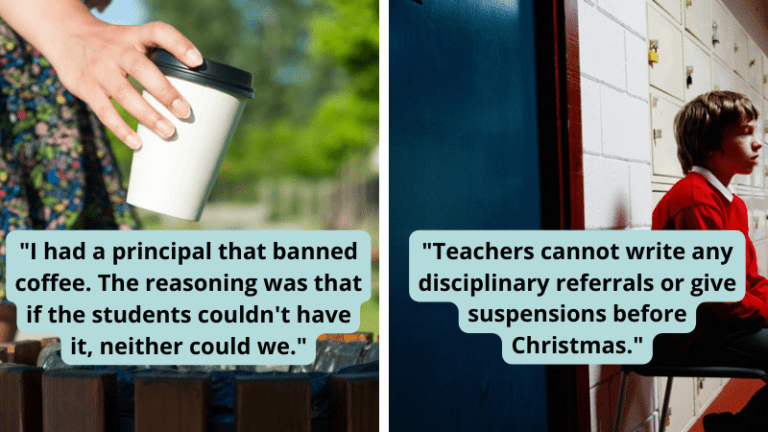My experiences with ESL students have been overwhelmingly positive. First of all, they’re smart. They speak two languages, which is one more than me. (I know, I know! Yes, I’m embarrassed about it!) Also, they care so much. Education is a huge priority for every immigrant family I know. Part of the reason they came here was so the kids could get an education, and if you walked across a desert so your kid can go to school, you’ll make damn sure they do their homework.
My favorite thing about teaching ESL kids is how easy they are to impress. These are kids who have been hammered with an insane amount of “drill and kill” teaching for their entire education. Most often, they’ve been taught Language Arts at the most basic comprehension level, with a focus on memorization, summary, and minimum technical proficiency. Which is understandable, for their earlier teachers, but it makes buy-in incredibly easy. The minute you say, “Let’s make an iMovie,” their eyes pop out of their heads.
There’s a lot to love about teaching ESL kids, but I never, never, never, never, never want to be the ESL teacher. And that really comes down to one reason; merit pay. Last year, my school gave out bonuses based on the kids’ standardized test scores. We got a certain amount if 80% of our kids passed, even more if half of them exceeded standards. One teacher was handed a check for a thousand dollars—publicly, during a meeting—because ALL of her students exceeded standards. Every single one of them. She’s an amazing teacher, who works incredibly hard. But she also exclusively teaches gifted students. The special ed and ESL teachers, as always, got nothing.
Some of the kids in those groups made impressive gains. Some, especially the ones who fall into both categories, did not. It didn’t really matter either way; in terms of federal funding, failing is failing. Moving from a third grade reading level to a fifth grade reading level isn’t enough, if you’re in the seventh grade. And with teacher evaluations tied more and more closely to standardized test scores, teachers of disadvantaged groups don’t have a chance.
The Special Ed and ESL teachers are left with two equally unpalatable choices. Do you focus solely on test-taking skills in the hopes that it’ll boost a few scores to passing and you’ll be able to keep your job? Do you continue giving these kids, already underserved, questions to answer and paragraphs to summarize because real, authentic encounters with literature take up too much time and don’t necessarily translate to multiple choice tests? Or do you continue to give them valid, high-interest learning experiences and risk your job? The second option is impractical; the first is immoral.
I’m one of the lucky ones. I get to co-teach ESL, which means that I enjoy time with these amazing kids, but am not the one ultimately held responsible for their test scores. It’s unfair to the ESL teacher, a fact that everyone except the geniuses who figured out merit pay seems to realize. I’m just grateful that I’m not the one who has to choose between educating my students to the best of my ability and keeping my job. If our worth as teachers is continually tied to our students’ performance on tests, regardless of individual history, handicaps, or ability level, no one in their right mind will voluntarily teach the students who struggle. The students most in need of quality teachers will be abandoned by a system ostensibly created to make sure their needs are met.


